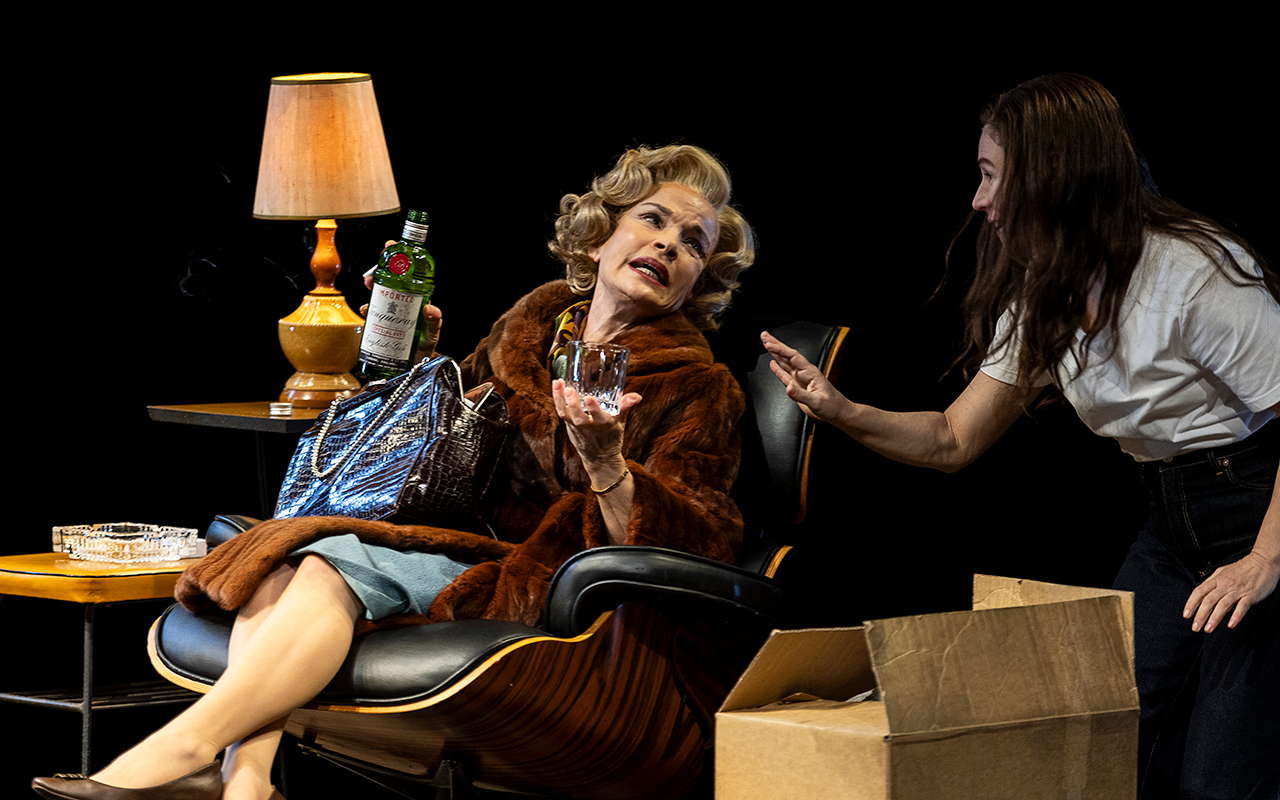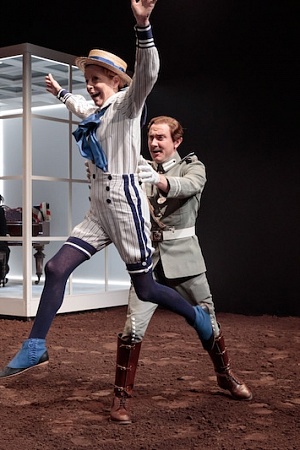Mother Play: A play in five evictions

There is no escaping the sensation that Phyllis Herman, the matriarch of Paula Vogel’s Mother Play: A play in five evictions, is a woman we have met before. Her familiarity can be traced, through the work of American playwrights such as Tracy Letts and Jon Robin Baitz, all the way back to Eugene O’Neill and Tennessee Williams. Even Edward Albee’s ferocious ‘mother’ Martha who, in Who’s Afraid of Virginia Woolf? (1962), feigns she has a college-age son, might recognise something of herself in Vogel’s creation.
With a focus on memory, one which echoes both Williams’s The Glass Menagerie (1944) and O’Neill’s Long Day’s Journey Into Night (1956), Mother Play (nominated for Best Play at the 2024 Tony Awards) is essentially a series of vignettes – sometimes comic, sometimes tragic – that map one American family’s volatile trajectory through life and death.
Continue reading for only $10 per month. Subscribe and gain full access to Australian Book Review. Already a subscriber? Sign in. If you need assistance, feel free to contact us.










Leave a comment
If you are an ABR subscriber, you will need to sign in to post a comment.
If you have forgotten your sign in details, or if you receive an error message when trying to submit your comment, please email your comment (and the name of the article to which it relates) to ABR Comments. We will review your comment and, subject to approval, we will post it under your name.
Please note that all comments must be approved by ABR and comply with our Terms & Conditions.